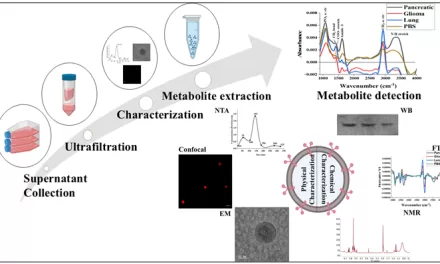A recent study published in NEJM Evidence has reinforced the link between influenza infection and a significant short-term risk of acute myocardial infarction (MI), particularly among individuals without prior coronary artery disease. The study, led by Dr. Patricia Bruijning-Verhagen from the University Medical Center Utrecht in the Netherlands, suggests that flu vaccination could be crucial for those without a history of cardiovascular disease (CVD).
Study Findings and Methodology
The observational, self-controlled, case-series study analyzed data from 16 laboratories in the Netherlands, linking respiratory virus PCR testing records to national databases on mortality, hospitalization, medication, and administration. Researchers compared the incidence of acute MI during the risk period (days 1-7 after influenza infection) with the control period (1 year before and 51 weeks after the risk period).
The study found that out of 26,221 positive PCR tests for influenza, there were 23,405 unique episodes of influenza illness. Within these episodes, 25 cases of acute MI occurred during the risk period, compared to 394 cases during the control period. The adjusted relative incidence of acute MI during the risk period was 6.16 (95% CI, 4.11-9.24).
Significant Risk for Those Without CVD
A striking finding of the study was the difference in MI risk between individuals with and without prior CVD. Those without previous hospitalizations for coronary artery disease had a relative incidence of acute MI of 16.60 (95% CI, 10.45-26.37) during the risk period, while those with a history of coronary artery disease had a relative incidence of 1.43 (95% CI, 0.53-3.84).
“Our results indicate that the focus should be on individuals without a history of cardiovascular disease, highlighting the importance of flu vaccination, particularly for this group,” said Dr. Bruijning-Verhagen. She added that these findings might support the use of prophylactic anticoagulation for patients with severe flu infections, although this approach would need further clinical testing.
Implications for Public Health and Vaccination
The study’s results underline the necessity of flu vaccination for all eligible individuals. Despite vaccination recommendations for older adults and those with cardiovascular disease, the current findings emphasize that even those without known CVD can face increased MI risks due to severe flu infections.
“The results should reinforce the message to get the flu shot,” Dr. Bruijning-Verhagen urged. “Our study shows that you can still have an increased risk of MI as a result of severe flu infection, even if you do not consider yourself at risk for cardiovascular disease.”
In the Netherlands, flu vaccination is recommended for everyone older than 60 years, with an uptake rate of about 60%. The study suggests that similar policies could benefit broader age groups, potentially preventing acute coronary syndromes (ACS).
Editorial Insights and Future Directions
In an accompanying editorial, experts from the University of New South Wales Sydney, including Raina MacIntyre, MBBS, advocated for policymakers to update guidelines on preventing acute coronary syndromes. They emphasized viewing influenza vaccination as a routine preventive measure for ACS, alongside traditional interventions like statins and blood pressure control.
A secondary editorial by Lori Dodd, PhD, from the National Institutes of Health, raised the question of whether the observed link between flu and MI might be due to more thorough detection of MI in hospitalized flu patients. Dr. Bruijning-Verhagen, however, dismissed this, stating that acute MI is generally not missed.
This study adds to the growing body of evidence connecting influenza to increased MI risk, urging a reevaluation of vaccination strategies to protect not just those with known cardiovascular disease but also the broader population.











